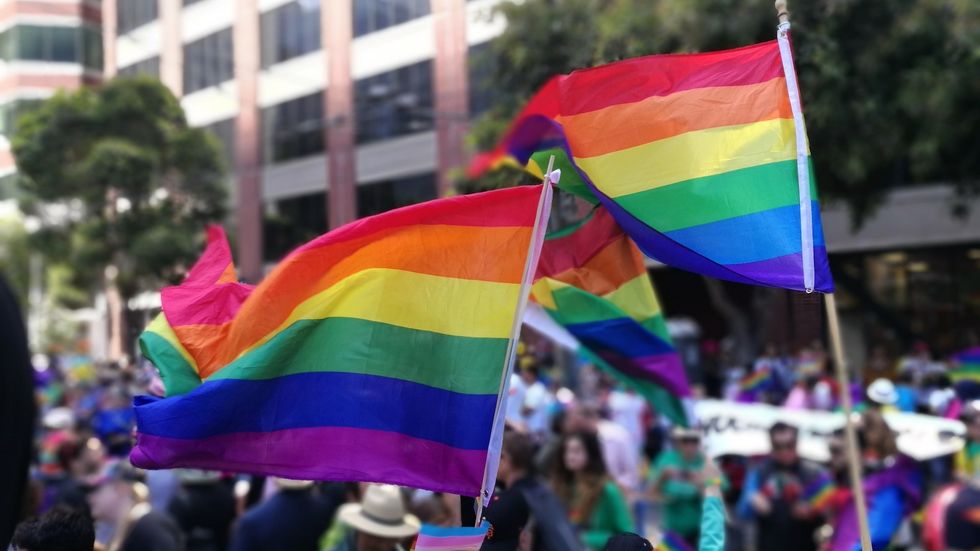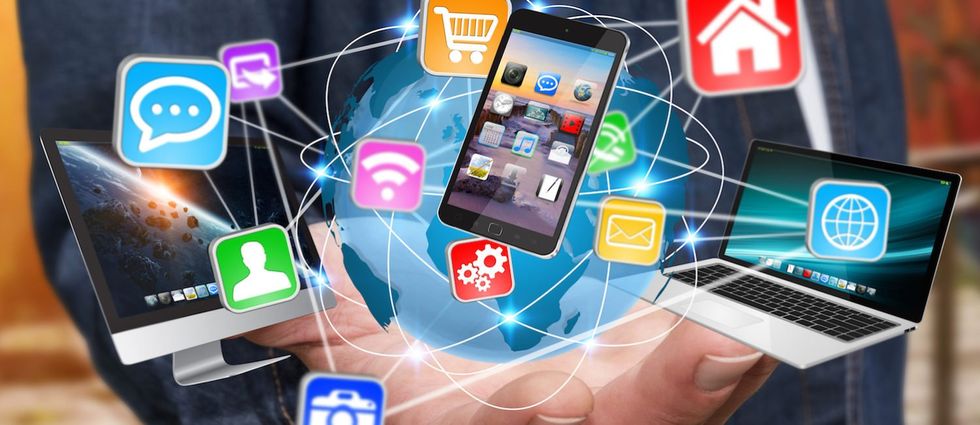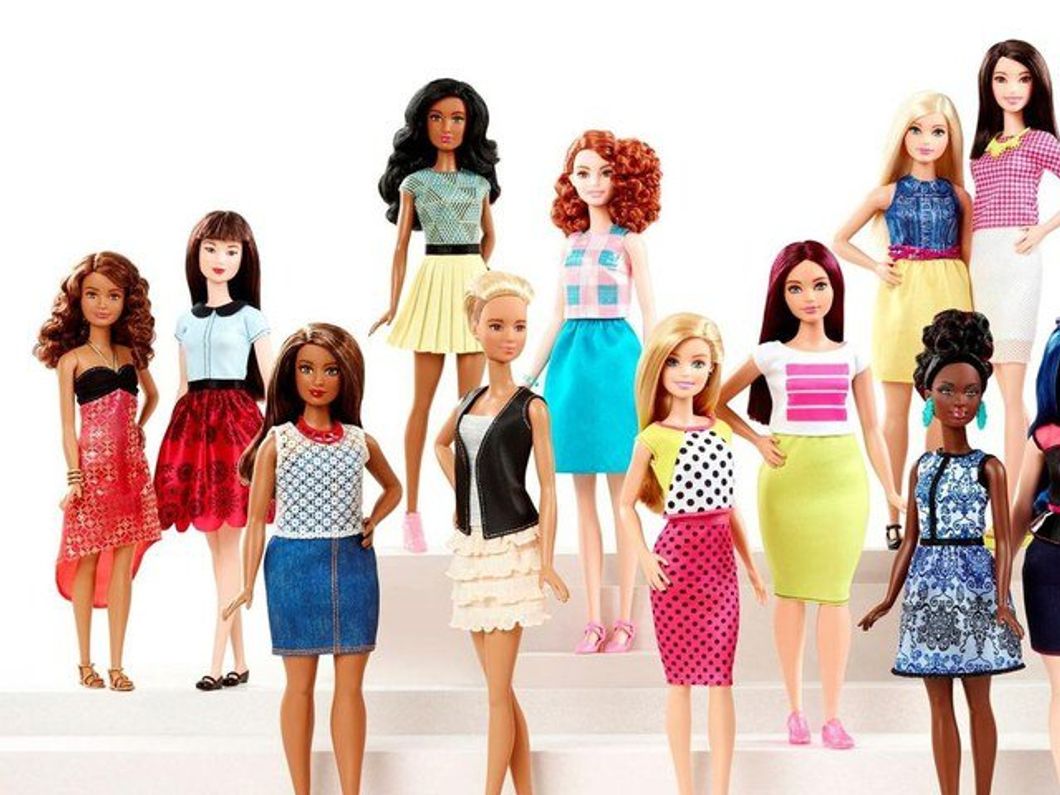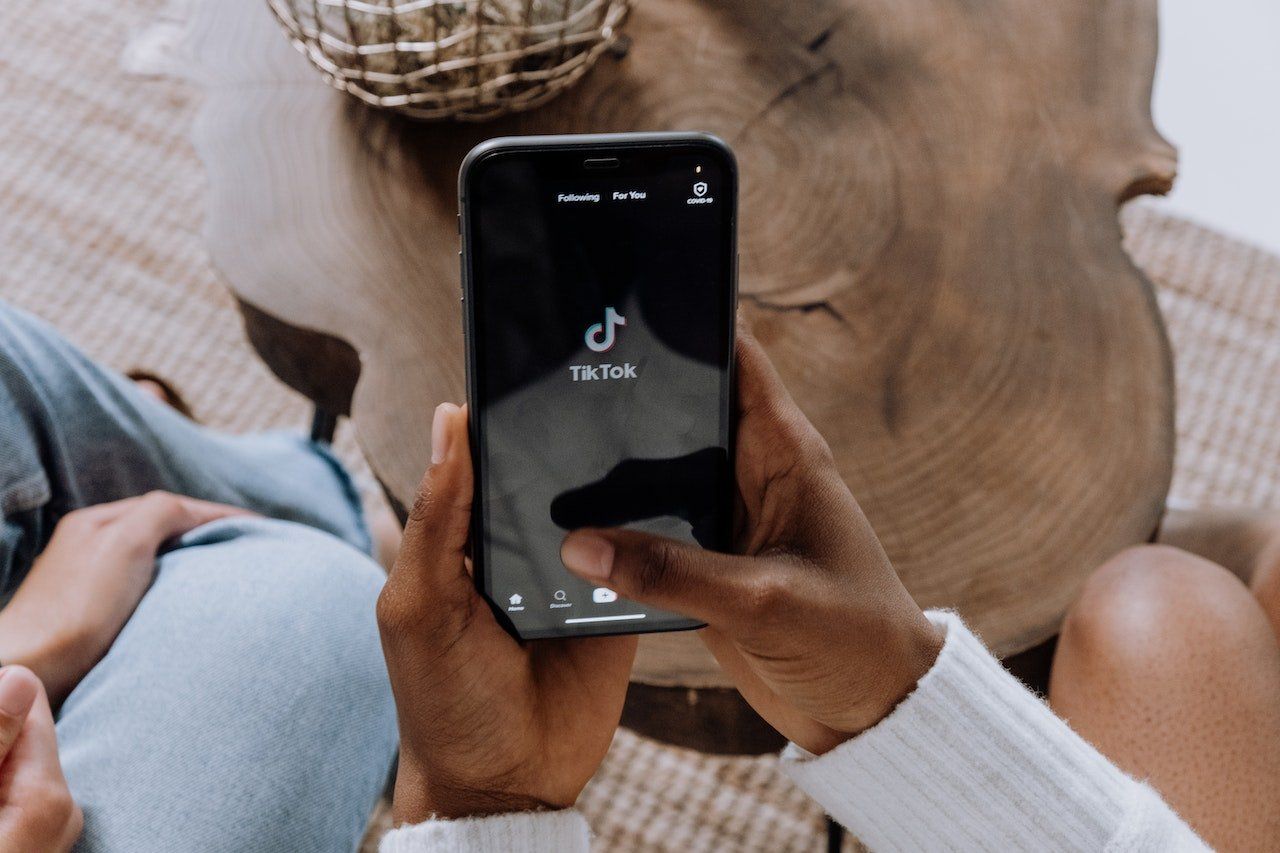Content warning: Violence-related content that may be disturbing to some readers.
Throughout the month of June, I've been taking note of the ways that my peers, organizations, and corporations in my life have supported — or not supported — the queer community during Pride Month. While I recognize that every individual is on their own path toward allyship, there are a few consistent problems I've noticed regarding people's treatment and support of the LGBTQ community which are unacceptable.
I've compiled a list of six ways everyone can support the LGBTQ community, starting today.
This list is inspired by my experiences as a queer woman, the experiences of my peers, and the issues I've seen through social media, but remember that the LGBTQ community represents a lot of people. Not every individual will agree on what makes the "perfect ally." Keep in mind, allyship is a never-ending journey. You will never complete every to-do on the list, but this is the perfect place to start.
1. Be open
It can be hard to understand the discrimination faced by the LGBTQ community and to accept the ways you may have contributed to that discrimination but remaining undefensive and open to the identity of others is essential to allyship. Challenge your privileges and be empathetic towards others' experiences that you can never understand. According to the Human Rights Campaign, "42% of LGBT youth say the community in which they live is not accepting of LGBT people." It's essential to foster an environment accepting of everyone, but respect a person's right to choose to share or not to share their gender identity or sexuality.
Never out someone, which is the act of disclosing an LGBTQ person's sexual orientation or gender identity without the person's consent.
One part of creating an inclusive space for others is to always disclose which pronouns you prefer and asking which pronouns someone prefers if you're unsure. For example, adding a simple she/her to my social media bios and email introductions lets others know my preferred pronouns and provides a safe space to disclose their preferred pronouns and identity.
2. Get educated
It's time to normalize changing your perspective when presented with new information! It's so important to be receptive to information and to actively seek out the knowledge that you aren't provided by your peers, education system, and mainstream media. Don't be afraid of being wrong; it is so much more important to support the queer community, even if you mess up a few terms than to be silent. Use PFLAG National Glossary of Terms to get familiar with LGBTQ terms. I've linked several resources helpful to both LGBTQ individuals and allies, but please extend your research past these links. Books, films, and social media accounts can serve educational purposes as well as to expose you to a diverse representation of identities.
3. Fight for everyone
Be an ally to ALL identities, especially those that are less convenient for our white-cis dominated society to support. Understand that the intersectionality between race, gender, sexuality, and other factors creates specific discrimination that doesn't affect all members of the LGBTQ community equally. In fact, Black trans women are killed at such a high rate that the American Medical Association declared it an epidemic. Trans people have been at the forefronts of the Gay Rights movement and the Black Lives Matter movement yet they haven't received the same acceptance as other members fighting for LGBTQ rights and racial justice. Black trans people suffer from racism, homophobia, and transphobia disproportionately, and it's our responsibility as LGBTQ individuals and allies to support Black trans lives.
Check out the Trevor Project's Guide to Being an Ally to Transgender and Nonbinary Youth for more information.
4. Understand
When someone comes out to you, understand that the person has trusted you with their identity and it can be a vulnerable and stressful experience, no matter your relationship to the person coming out. Please remember this isn't about you; your feelings and questions are valid but this moment is reserved for that person to express their identity and for you to support them. Here are a few examples of things not to say when a loved one comes out to you from @blessthemessy on Instagram: "Are you sure? This makes me question our entire relationship. Did ____ turn you gay? It's probably just a phase. I guess I can 'deal' with you being gay." Respect the timeline and difficulty in coming out for some; placing blame or resentment on a loved one for waiting to come out is never a good idea. Reassure the person coming out that you support them and that you don't view them differently than before.
5. Stop politicizing human rights
LGBTQ rights are human rights! Choose equality when human rights issues are pinned between a republican or democratic side. LGBTQ people should not have to debate you on their existence or beg for your humanity. Religion is also not an excuse to discriminate against others. In actuality, the bible does not condemn being gay. According to the Strong Family Alliance, "There are only seven verses out of more than 31,000 that are used to support the assertion that the Bible condemns homosexuality. When taken in their historical contexts, and in tracing translations to the original text, the modern interpretation of an anti-homosexuality content is not supported."
If you feel that your religious or other beliefs prevent you from supporting the LGBTQ community, I encourage you to perform research extending past your taught religion and education.
6. Challenge discrimination
Stay updated on the issues the queer community faces, even when it doesn't affect you. Do your part to fight the politicization of LGBTQ rights like the attempted rollback of nondiscrimination protections for LGBTQ individuals and rollback of transgender healthcare rights. Call out your peers, family, organizations, and work for homophobic and transphobic behavior. Don't be a bystander to microaggressive or blatant homophobia; slurs, jokes, stereotypes, and harmful assumptions are examples of unacceptable behavior. Challenge discrimination with your vote and your dollar; elect leaders who will protect LGBTQ rights and support companies who uplift queer people. Use HRC's 2020 Corporate Equality Index to identify which corporations support the LGBTQ community and choose which brands to purchase. Lastly, show your support! Post on social media to spread awareness and follow through with action. Donation is also always needed: donate your time, service, and money to organizations that work to support and protect the LGBTQ community.
Some resources for LGBTQ people and allies:
HRC's 2020 Corporate Equality Index
Growing Up LGBT in America: View and Share Statistics
PFLAG National Glossary of Terms
Guide to Being an Ally to Transgender and Nonbinary Youth













